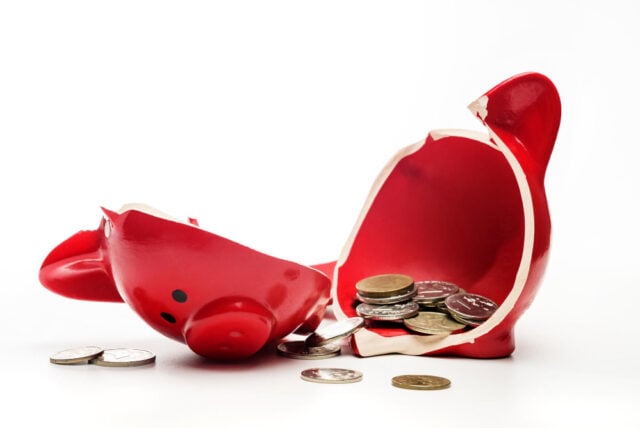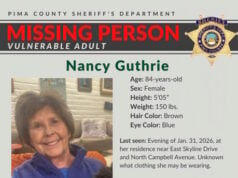
Everyone has been there. The AC stops working in the middle of summer, the car refuses to start, or a medical bill lands in your inbox at the worst possible time. These moments can throw even the most careful budget off track. The good news is that there are practical ways to stay afloat and avoid letting one expense spiral into long-term stress.
Sometimes that solution is as simple as calling your provider and asking for an extension. Other times it may involve exploring small, flexible options like payday loan services that can bridge the gap until your next paycheck. The goal is not to rely on quick fixes forever but to have a mix of tools you can pull from when the unexpected happens.
Start With Communication
One of the easiest first steps is often the one most people forget: pick up the phone. Many companies, whether it’s a utility provider or a medical office, offer hardship extensions or short-term payment arrangements. These programs are rarely advertised, but they exist because businesses would rather work with you than send your bill to collections.
Being honest about your situation often leads to flexible outcomes. Even a week or two of breathing room can make a big difference if you know more income is on the way soon.
Build a Small Emergency Buffer
Not everyone can set aside months of savings, but even a modest cushion can help you avoid panic. A few dollars a week adds up over time. Start with a goal of just $200 to $300 tucked away. That amount alone is enough to cover a car repair, an urgent prescription, or a higher-than-expected utility bill.
If you struggle with saving, consider setting up an automatic transfer on payday. When money moves out of your checking account before you notice it, you are less tempted to spend it.
Explore Flexible Community Tools
Friends, family, and community groups can be lifelines in a crunch. Many local nonprofits in South Florida, for example, provide emergency assistance for rent, utilities, or food. Crowdfunding platforms also make it easier to reach out for support without the awkwardness of asking in person.
It may feel uncomfortable at first, but these networks exist because almost everyone experiences financial bumps now and then. You might be surprised how quickly help appears once you share your need.
Responsible Short-Term Options
If other routes are not enough, short-term financial tools can fill the gap. Payday advances, cash apps, and credit union small-dollar loans all fall into this category. The key is to use them sparingly and with a plan.
Look for lenders who are transparent about fees and repayment schedules. A short-term advance can solve today’s problem, but it should not create tomorrow’s crisis. That’s why it is important to calculate how the repayment fits into your next paycheck before committing.
Practical Habits for Long-Term Stability
Rescuing your budget once is one thing. Preventing future stress is another. A few small habits can reduce the odds of being blindsided again:
- Track your expenses weekly. Seeing where your money goes makes it easier to cut small costs that add up.
- Plan for seasonal spikes. In Florida, power bills soar in summer. Setting aside a little each month in spring makes July less painful.
- Check your insurance. Sometimes, a policy already covers emergencies you would otherwise pay for out of pocket.
These habits don’t require hours of effort. Just a few minutes of attention each week keeps your budget resilient.
Mindset Matters
Unexpected expenses feel overwhelming in the moment, but they don’t have to define your finances. Remind yourself that one bill is not the end of your stability. By tackling the problem step by step—communicating first, leaning on community support, and only then exploring short-term tools—you protect both your wallet and your peace of mind.
The real victory is not avoiding every curveball. It is knowing you have the strategies to respond calmly when they appear.
Final Thoughts
Life rarely sticks to the plan. But with a little preparation and a clear head, those surprise expenses don’t have to wreck your budget. Whether it’s negotiating more time, building a mini emergency fund, or choosing the right short-term solution, you have options. The more you practice these habits, the stronger your financial safety net becomes.
Disclaimer
The information contained in South Florida Reporter is for general information purposes only.
The South Florida Reporter assumes no responsibility for errors or omissions in the contents of the Service.
In no event shall the South Florida Reporter be liable for any special, direct, indirect, consequential, or incidental damages or any damages whatsoever, whether in an action of contract, negligence or other tort, arising out of or in connection with the use of the Service or the contents of the Service.
The Company reserves the right to make additions, deletions, or modifications to the contents of the Service at any time without prior notice.
The Company does not warrant that the Service is free of viruses or other harmful components












